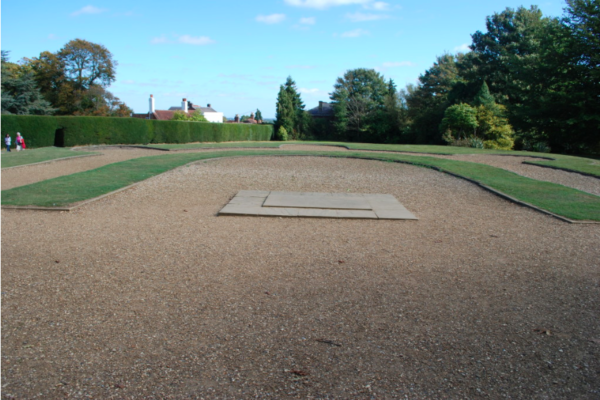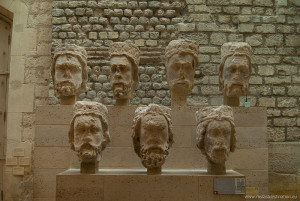I am about six weeks away from publishing the first two books of the walking tours in Paris (Where Did They Put the Guillotine? — A Walking Tour of Revolutionary Paris (1789–1794) —Volumes One and Two).
What this means is I am feverishly working on the third book entitled, Where Did They Burn the Last Grand Master of the Knights Templar? — A Walking Tour of Medieval Paris (987–1547). All the research is done, images picked out, and tour routes established. All I need to do is get the darn thing written (the first walk is done).
Beginning

Photo by my wife, Sandy
Where do I begin the background story of medieval Paris during the Middle Ages? It is generally recognized that the Middle Ages began around AD 300 and ended around 1500. Paris began as a settlement of the Parisii tribe, one of many Celtic tribes. By 250 BC, the Parisii’s had built up quite a little commercial trading and shipping community. The Romans came in around AD 358 and founded what was known as Lutetia (compare this to the Roman settlement in England called Londinium — founded in AD 50 and abandoned in the 5th century.)
Historians break down the Middle Ages into three groupings: the Early Middle Ages (AD 300 to 1000), the High Middle Ages (1000 to 1300), and the Late Middle Ages (1300 to 1500). Do you remember hearing the term, The Dark Ages? Back in junior high history class, I thought it was because the sun never came up — perpetual nighttime and darkness. Not so. The dark ages pertained to the early Middle Ages when it was a period of time that it seems no written records were created (or at least could be found). Historians don’t use the term dark ages any longer — we know the sun actually did come up. It wasn’t until we get into the High Middle Ages that we begin to see written records and can follow the written history of the world and in particular, England, France, and Paris. Read More Why is 1066 Important to Paris? — Part One

